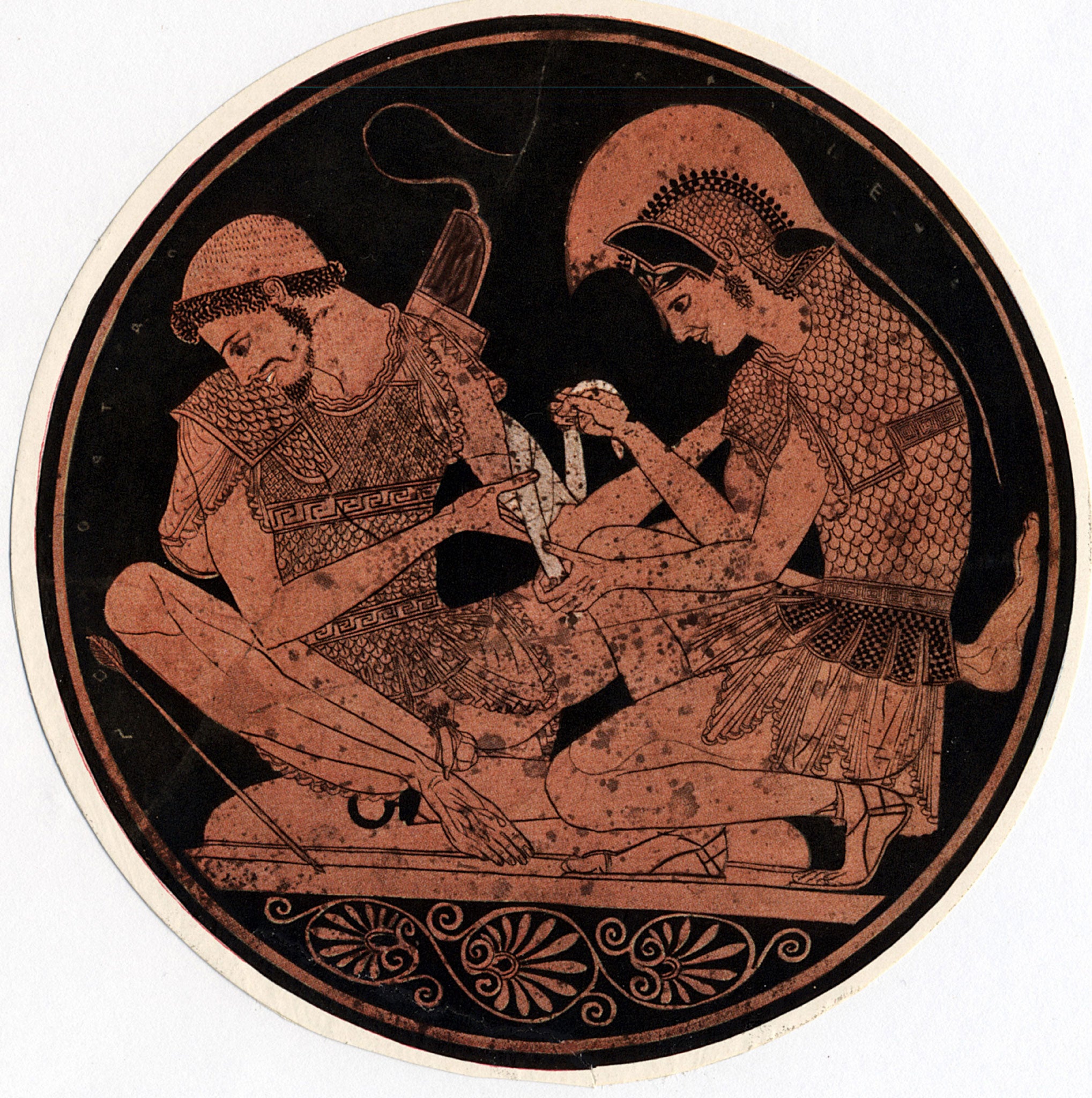Introducing the Ancient Greeks: From Bronze Age Seafarers to Navigators of the Western Mind by Edith Hall, book review
A new guide to the ancient Greeks details many neglected, diverse achievements. Sci-fi, anyone?

We may know – thanks to Monty Python, if nothing else – what the Romans did for us. But the Greeks are an altogether trickier proposition. They invented virtually every literary form (history, biography, comedy, tragedy, philosophical dialogue and plenty more), gave us the world's first democracy, and still found time to work out the length of a hypotenuse.
But they were a diverse group who lived across 2,000 years. And even contemporaries like 5th-century Athenians and Spartans had wildly different characters, priorities and dialects. The Athenians may have produced the great absurdist comic playwright, Aristophanes, but the austere Spartans – now seen as uber-masculine arrow-fodder thanks to the 300 movie franchise – were famously witty. (An Athenian woman once asked the Spartan, Gorgo, why Spartans were the only women who ruled over their men. "Because we're the only ones who give birth to men," came her reply.)
Edith Hall, professor of Greek at King's College, London – has taken on the enormous task of providing an introductory history to all these Greeks, from the earliest bronze-age heroes to Christian converts in the third century. As she moves through time, she also considers the Greeks in the light of 10 characteristics which these seemingly disparate people share, such as competitiveness, hedonism, articulacy and individualism.
The first of these qualities is sea-faring. The Greeks viewed themselves as a watery people. No wonder, as Hall points out, since Greece has more coastline to land area than any other country in the world. Plato describes them as living "like frogs around a pond", and Hall reminds us how often ships and water appear in Greek thinking and writing, from the catalogue of ships in Homer's Iliad through to Heraclitus's famously epigrammatic statement: panta rhei – everything flows.
Hall brings Greek geography to the fore: even keen philosophers may not have known until now that Heraclitus (who lived in Ephesus) saw his own nearby river silt up over many years. He was watching his own environment change. No wonder it formed a central tenet of his thinking.
To tackle not one but two huge projects – a chronological and a thematic history of the Greeks – in just over 300 pages is an achievement in itself. But Hall is doing far more than merely introducing the Greeks, as her title implies. Along the way, she reminds us why the Greeks are so extraordinary, though she is quick to credit other civilisations and individuals for innovations which the magpie Greeks took and made their own. It's hard to imagine any other classicist would have mentioned the only female stand-up comic in Ancient Greece (Iambe, in the Homeric Hymn, whose dirty jokes make the grieving goddess Demeter laugh again, after Persephone is lost to Hades). And Hall picks up on what is surely history's first gold-digger, too: "Do not let a flaunting woman coax and flatter and deceive you," warns the poet Hesiod in his agricultural manual, Works and Days. "She is after your barn."
It's an egalitarian history too. She confesses to an especial yearning for the lost books of Protagoras, who "became the most important political thinker in the democracy, as befits a working man who rose to eminence on the strength of his intellectual prowess". She also reminds us of texts that are too often forgotten: the satirist Lucian's account of a trip to the moon surely makes him the ancestor of all sci-fi.
This is a wonderful book, which serves both as introduction to the Ancient Greeks and a hugely entertaining, informative and thoughtful discussion of what made them so important, in their own time and in ours.
Natalie Haynes's debut novel is 'The Amber Fury' (Corvus)
Join our commenting forum
Join thought-provoking conversations, follow other Independent readers and see their replies
Comments
Bookmark popover
Removed from bookmarks